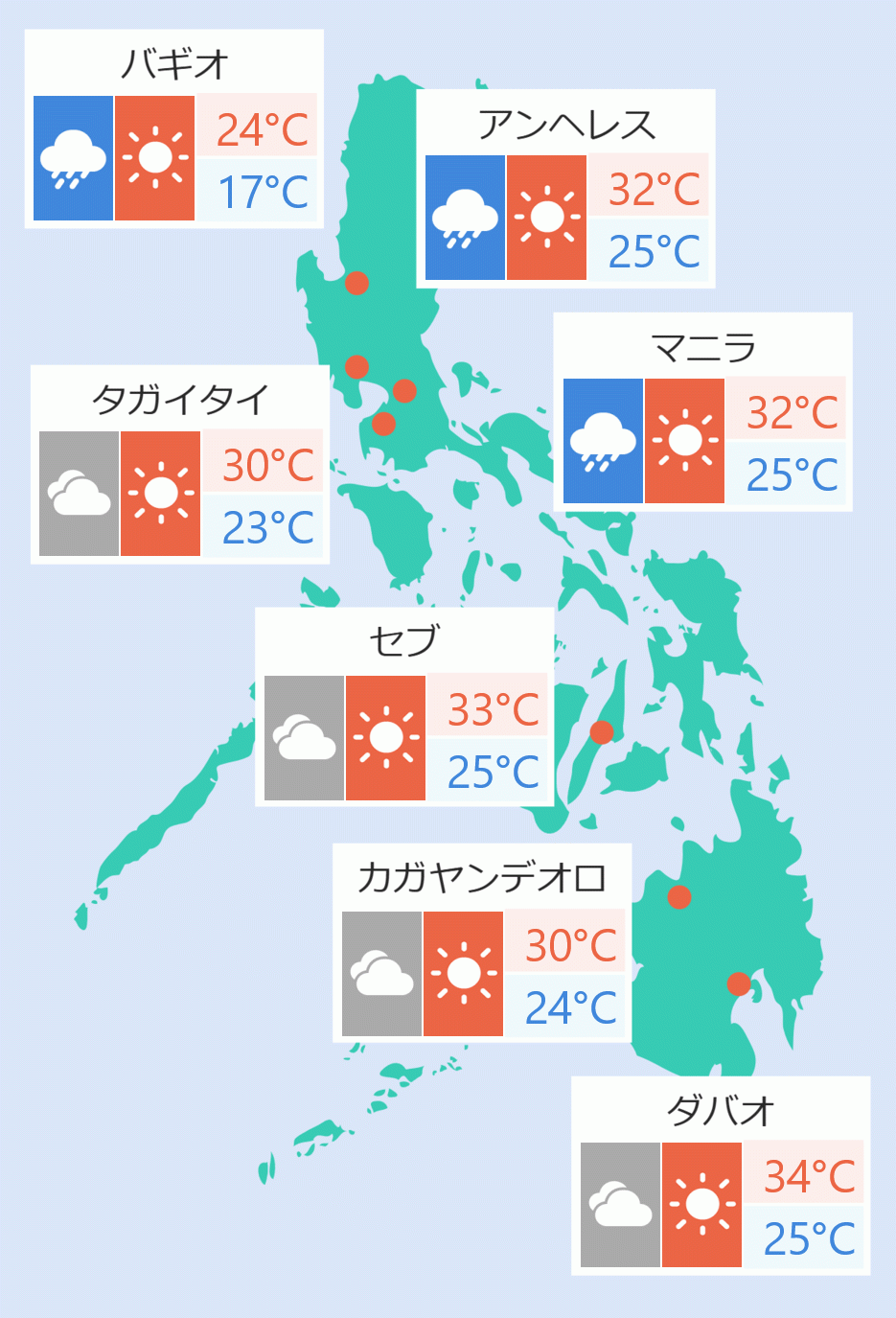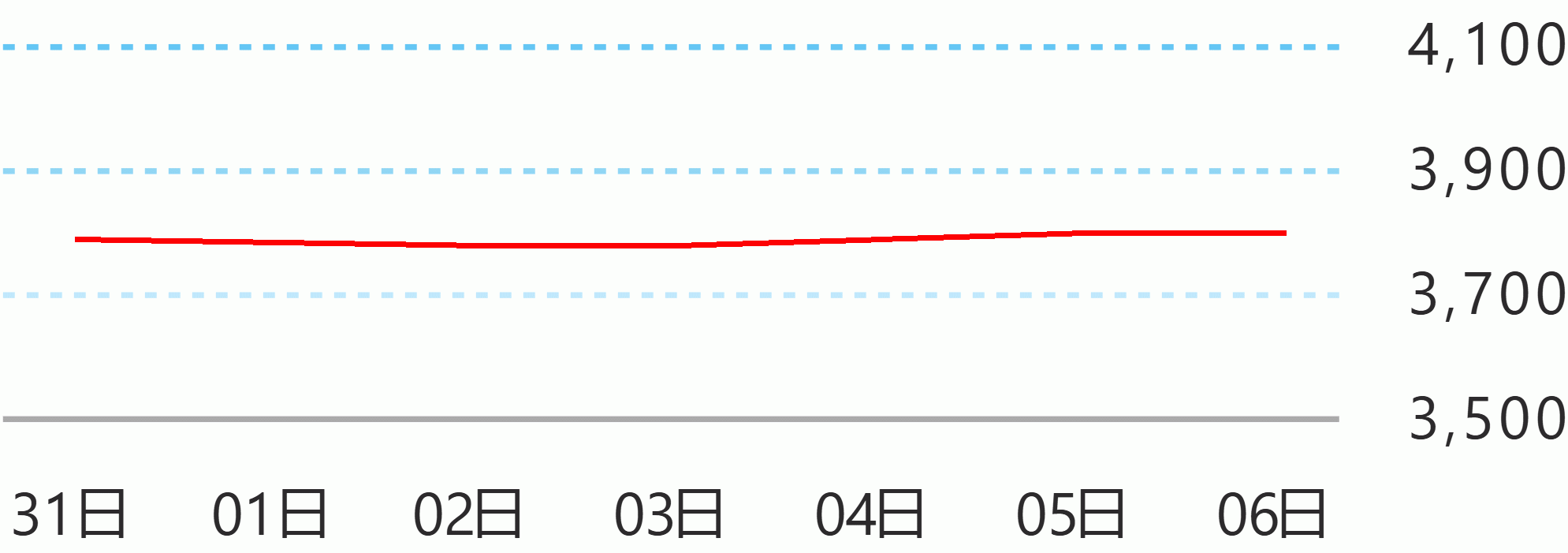Budget Secretary Amenah Pangandaman submitted to Congress Monday the President’s proposed and record high P 5.268 trillion budget for fiscal tear 2023, which according to her is “a proactive budget felt by the people with education, infrastructure, health, agriculture and social safety nets as priorities.”
The administration’s economic team earlier pointed out that the goal of the Marcos administration is to achieve 6.5 to 8.0 percent real Gross Domestic Product (GDP) growth annually between 2023 to 2028 to attain a single- digit (9 percent) poverty rate by 2028.
Pangandaman underscored the need to support the identified priority sectors and to sustain the growth momentum to make the economy inclusive and robust in 2023.
“We have identified the priority sectors in our 2023 National Expenditure Program, which stands at Php5.268-Trillion and 4.9 percent higher than this year’s budget. These priority sectors include education, infrastructure development, health, agriculture and social safety nets,” Pangandaman stressed.
The education sector, which is composed of the Department of Education (DepEd), State Universities and Colleges (SUCs), Commission on Higher Education (CHED), and Technical Education and Skills Development Authority (TESDA) will receive an 8.2 percent increase next year at P852.8 billion and will remain as being the highest budgetary priority as mandated by the Constitution.
The budget of DepEd shall increase from P633.3 billion in 2022 to P710.6 billion in 2023.
“As the President said during his first SONA, we should not hold back on investing in education, as education is the only legacy we can leave our children that will never go to waste. This proves this administration’s commitment to invest in human capital development and youth empowerment,” Pangandaman said.
A total of P 1.196 trillion has been allocated for the government’s 2023 infrastructure programs.
The Department of Public Works and Highway will receive P718.4 billion budget in 2023, while the Department of Transportation will receive P167.1 billion in 2023-- an increase by 120.4 percent from its P75.8 billion budget in 2022, which covers the augmented funding requirements for various foreign-assisted railway projects.
“President Marcos earlier said that this administration shall continue to implement infrastructure projects and refocus to Build, Better, More. These projects-- subway, regional airports, railways and farm-to-market roads-- will surely benefit the Filipino people,” Pangandaman said.
Major transportation infrastructure projects that will be implemented include the North-South Commuter Railway, the Metro Manila Subway Phase 1, the LRT-1 Cavite Extension, and the PNR South Long Haul.
In a bid to ramp up vaccination efforts and the uptake of boosters for our vulnerable population while strengthening our health system through improvement of health facilities and services, the government’s health sector shall receive a 10.4 percent budget increase at P296.3 billion in 2023, inclusive of the budgets of the Department of Health and the Philippine Health Insurance Corporation.
Pangandaman said, “Around P29b has been allocated to purchase drugs, medicine and vaccines while more than P19b has been allocated for the salary and benefits of healthcare workers.”
A total of P 23 billion, meanwhile, has been allotted for the Health Facilities Enhancement Program (HFEP), which will fund the purchase of medical equipment as well as the construction, rehabilitation and upgrading of barangay health stations, rural health units, polyclinics, LGU hospitals, DOH hospital, and other various health facilities nationwide.
To improve the performance of the agriculture sector, the budget of the Department of Agriculture (DA), its attached corporations, and the Department of Agrarian Reform will be P184.1 billion, a 39.2 percent increase from its 2022 allocation. The figure includes P29.5 billion for irrigation services.
This is in line with the President’s directive that top priority must be given to the agriculture sector so as to invigorate and transform this sector from being an economic laggard to one of the main drivers for growth and employment.
“In support of the mandate of our President, and in anticipation of a global food crisis and for the long-term goal of food self-sufficiency, we increased the budget of the DA by 43.9 percent, to cover the funding requirements for its programs and projects,” Pangandaman said.
To address the needs of the marginalized and vulnerable sectors of society, the Department of Social Welfare and Development shall be allocated with P197 billion budget in 2023.
The government shall likewise continue to fully support the Pantawid Pamilyang Pilipino Program, the social pension for indigent senior citizens, protective services for individuals and families in difficult circumstances, sustainable livelihood program, and the supplementary feeding program.
“Our budget provides for the implementation of the projects and programs of the DSWD. The President said it himself?we must not neglect the poorest of the poor,” Pangandaman said.
Meanwhile, P18.4 billion of the total P26.2 billion budget for the Department of Labor and Employment will be used to implement its Livelihood and Emergency Employment Program, to help beneficiaries recover from the economic displacement caused by the pandemic. This includes the Tulong Panghanapbuhay sa Ating Disadvantaged/Displaced Workers (TUPAD), DOLE Integrated Livelihood Program, among others.
Green governance is central to sustainable development. The Marcos Administration has allocated P 453.1 billion for climate change expenditures, where the DBM, in collaboration with the Climate Change Commission, developed a mechanism, the Climate Change Expenditure Tagging (CCET), to track and report climate change expenditures focused on food security, water sufficiency, ecosystem and environmental stability, human security, climate smart industries and services, knowledge and capacity development and sustainable energy.
In anticipation of destructive typhoons and other natural calamities, the budget of the Department of National Defense has been increased by 9 percent in 2023 at P240.7 billion. Meanwhile, P31 billion was allocated for the National Disaster Risk Reduction and Management Fund.
“Government hopes to fund these and ensure their proper delivery by pursuing the path of sound fiscal management and enhanced bureaucratic efficiency. I am confident that the 2023 budget will help us achieve our goals for economic transformation, growth, and sustainability,” Pangandaman said. DBM





 English
English









